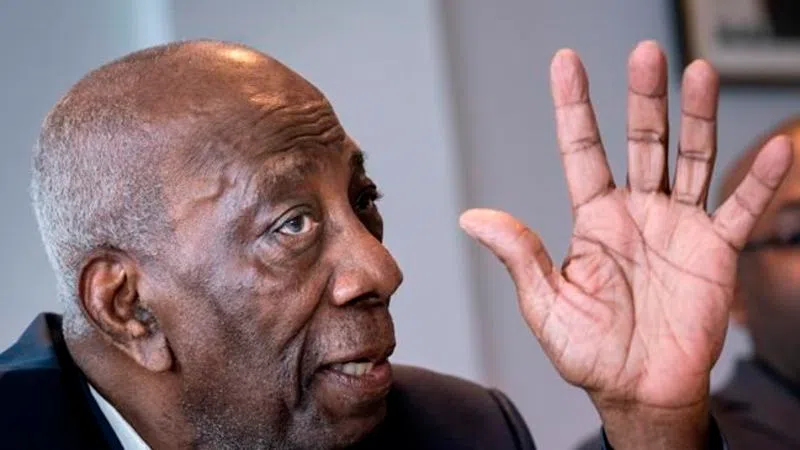
Profiling class action against Montreal police a ‘victory for justice’: group
MONTREAL — For years, members of Montreal’s black community have told stories about the discrimination they’ve allegedly suffered at the hands of the city police: A black lawyer in a BMW, repeatedly pulled over. A man checking his cell phone on the street, questioned and eventually arrested. Seemingly routine police interventions that escalate to violence and even death.
On Tuesday, the head of the Black Coalition of Quebec said that after decades of having their claims largely ignored, a class action lawsuit against the City of Montreal offers a chance for justice.
“For more than 40 years, we have been looking to give the people some semblance of justice … and we end up being thrown aside,” said Dan Philip, the organization’s president.
“They say you can’t win anything, and today we have, and that’s for the first time — not only in Quebec, but in Canada,” he said, calling the decision “historic.”


